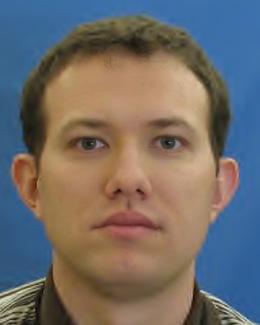Abstract
Determination of the components of a radioactive source/shield system using the system’s radiation signature is of great importance in homeland security, material safeguards, and waste management. Although significant progress has been made toward solving this inverse transport problem in recent years, work remains to be done to quantify the uncertainty in reconstructed results. In this article we apply two Markov chain Monte Carlo (MCMC) approaches, the delayed rejection adaptive metropolis (DRAM) and differential evolution adaptive metropolis (DREAM) methods, to solve inverse problems and quantify uncertainty. The DRAM method uses delayed rejection combined with global adaptation of the proposal covariance matrix. The DREAM method hybridizes MCMC sampling with the differential evolution (DE) algorithm. In numerical test cases, the DRAM and DREAM methods are shown to be superior to a first-order inverse Hessian approach for problems with noisy data and multiple unknown quantities, with DREAM converging to the posterior distribution more quickly than DRAM. The DREAM and DRAM results indicate that a full posterior distribution is required to quantify uncertainty in many inverse transport problems.





